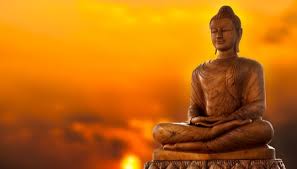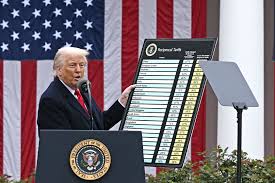Buddha Purnima celebrated across globe, including Pakistan

Abdullah Jan
Islamabad: Buddhists worldwide on Thursday celebrated Buddha Purnima, marking the birth, enlightenment, and passing of Gautama Buddha.
This sacred day, also known as Vesak, is the most significant in the Buddhist calendar and was observed with great reverence and festivity in countries across Asia and beyond, including an increasingly notable celebration in Pakistan.
Buddha Purnima was celebrated with enthusiasm, reflecting the country’s rich Buddhist heritage dating back to the Gandhara civilization. Pakistan has a significant history of Buddhism, particularly in the regions of Khyber Pakhtunkhwa and Gilgit-Baltistan, where ancient Buddhist relics and monasteries can be found.
The National Museum in Karachi and the Taxila Museum, both of which house important Buddhist artifacts. The day was marked by interfaith harmony events, with leaders from various religious communities participating in the festivities. The Pakistani government also facilitated cultural programme highlighting the historical and cultural ties of Buddhism to the region.
Across the globe, the celebrations emphasized Buddha’s teachings of peace, compassion, and non-violence. In his Vesak message, the Dalai Lama highlighted the relevance of Buddha’s principles in today’s world, urging followers to cultivate inner peace and contribute to global harmony.
In many places, the day also involved social service activities. Blood donation drives, free medical camps, and distribution of food to the needy were organized, reflecting the Buddhist tenet of selfless service.
Buddha Purnima 2024 was a day of reflection and reverence for Buddhists across the world. From grand temples in Sri Lanka to the museums of Pakistan, the world came together to honour the legacy of Gautam Buddha. The observance not only highlighted the spiritual significance of the day but also fostered a spirit of unity and compassion across diverse communities, reinforcing the universal values espoused by Buddha over two millennia ago.





